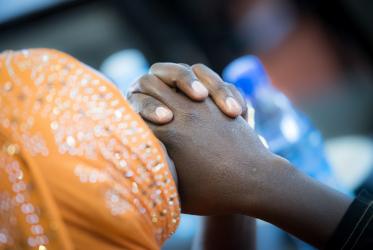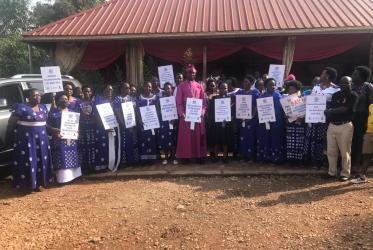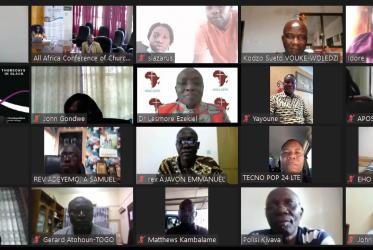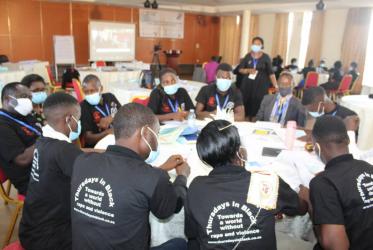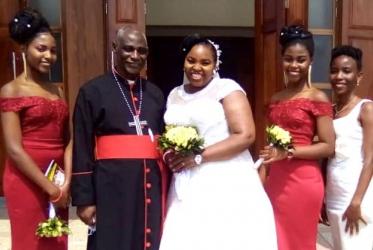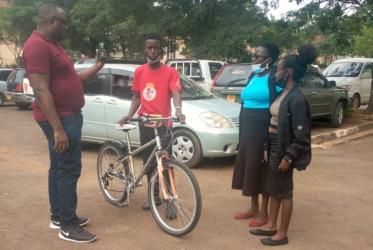Displaying 1 - 20 of 60
WCC condemns Uganda school attack
19 June 2023
Theological education in Africa promotes social transformation
03 November 2022
WCC condemns bombings in Uganda, calls for justice
18 November 2021
In Uganda, resilience and hope overshadow stigma
31 July 2020
Young Africans are eager to grapple with challenges
09 January 2020
Youth leaders: “We will stop at nothing” to end HIV and violence
17 October 2019

